Avoiding a truly democratic independence process
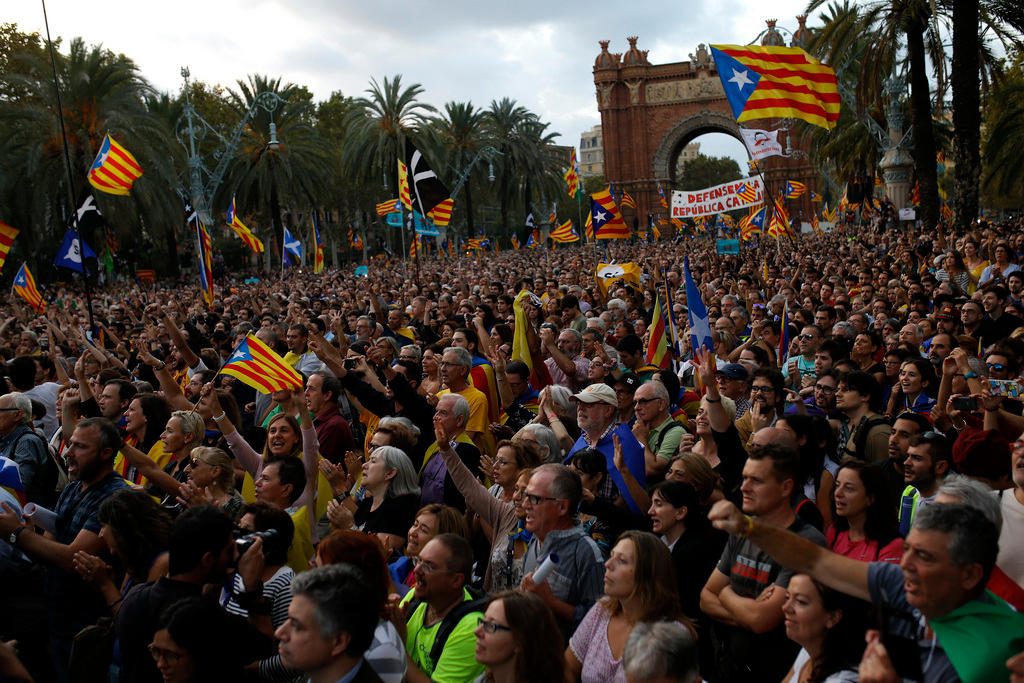
On October 1, Spanish democracy reached its lowest point when central police forces bludgeoned a democratic vote in Barcelona. Ten days later, the Catalan president has called for dialogue. But both sides in the conflict are avoiding a truly democratic independence process.
“We want to open a period of dialogue,” stated Catalan president Carles Puigdemont on October 10, addressing the regional parliament in Barcelona. Not a day too early, the nationalist leader of the autonomous Spanish region played the ball firmly into the court of the central authorities in Madrid.
Puigdemont’s lengthy statement, in which he outlined Catalonia’s long list of grievances with the Spanish state, nevertheless offers some welcome breathing space for all those involved in this drama of democracy – the most serious Spain has witnessed since the end of dictatorship over 40 years ago.
It is hard to see how the current leaders on both sides will be able to overcome this highly charged situation, which has driven millions of people to stand against another. The animosities gripping the country seem intractable, clear (to this author) from the social media commentsExternal link following an analysis of the events of October 1.
A smart statement is not enough
“We’re not criminals. We’re not mad. We’re not carrying out a coup… We’re normal people who want to be able to vote and who have been prepared to engage in whatever dialogue was necessary to do so in a mutually agreed way,” said Puigdemont in the Catalan parliament. A smart statement, yet one that was immediately repudiated by the government in Madrid, itself at a loss about what to offer aside from inflexible statements and police violence.
This article is part of #DearDemocracy, a platform on direct Democracy issues, at swissinfo.ch.
A truly democratic solution will only be possible if both sides in the conflict are willing to learn some lessons. The Catalan separatists need to understand that a self-organised vote alone (with a clear majority of a minority approving a step) is not enough to legitimately change a multi-level political system. For its part, the central Spanish state should learn some important lessons about not abusing the principles of the rule of the law.
In its most recent issue, the Economist magazine summed up the situation succinctly: “Aggression against crowds of peaceful citizens may work in Tibet but cannot be sustained in a Western democracy. In the contest between formal justice and natural justice, natural justice wins eventually every time. Constitutions exist to serve citizens, not the other way around”.
Bullfighting as a ‘mandatory’ cultural heritage
Of course, the serious conflict between Spanish and Catalan authorities does have deep and complex historic roots – and it has implications not just for the Catalan people but also for other regions within the Spanish state structure, such as Galicia and the Basque Country.
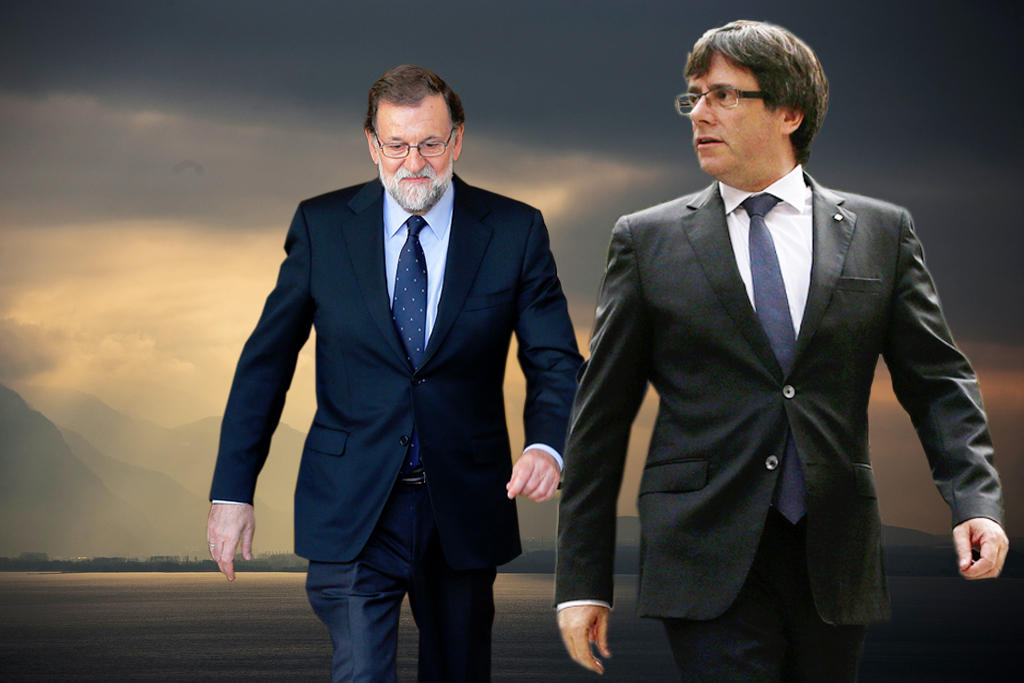
More
Switzerland ready to help mediate in Catalonia
A striking example of the pre-existing dysfunctionality of modern constitutional democracy in Spain is the struggle about bullfighting. In Catalonia, after the democratically proper introduction of a regional constitution in 2006 (the so called ‘EstatutExternal link’), citizens gained the right to legislate through proposing initiatives. Based on such a proposal (signed by more than 180,000 citizens), in 2010 the Catalan parliament introduced a law to ban bullfighting.
A similar process took place more recently in the Basque city of Donostia-San Sebastián: after the introduction of a new local charter guaranteeing the right of citizens’ initiatives, a popular vote to ban bullfighting in the city was scheduled for February 19, 2017.
However, in both cases, conservative opponents to the granting of more power at the local and regional levels appealed to central courts of the Spanish state. The outcome? The courts eventually struck down the local decisions and initiatives with the argument that bullfighting is a mandatory part of the cultural heritage of the Spanish state.
Such ignominious put-downs of brave citizens trying to push their country forward after decades of post-autocratic struggles, conservative backlashes, waves of corruption, and economic crisis has created a lot of frustration, laying the ground for the current waves of conflict and contempt.
Comprehensive democratic package
A truly democratic independence process has hence never seriously been considered by the current nationalist leaders in both Madrid and Barcelona. They have simply cherry-picked the democratic tools that served their purposes: the referendum in the Catalan case, the rule of the law in the case of the central government.
A truly democratic independence process would mean a package with the following features:
1. A legal referendum, possibly over several stages: as in the case of the Scottish independence vote, Catalan and central Spanish authorities need to agree on a process that would first include an indicative decision by the Catalans themselves – then, in the case of a yes vote, possibly also a vote involving all Spaniards.
2. An improved constitutional order that respects local and regional self-determination and participatory principles, bringing formal justice more in line with natural justice. Spain needs to become a genuinely federal state, overcoming the centralising heritage of its autocratic past.
3. International support for all aspects of the process. As a committed member state of the European Union, Spain has modernised on the surface, but still struggles with outdated mentalities at the level of its political leadership.

The events in Spain and Catalonia this autumn are being watched by billions of people across the world. Too many purely nationalist independence movements across the world have gone wrong recently, including Russian-supported break-away territories (Crimea, Transnistria and Ossetia) as well as UN or EU-sponsored new states (South Sudan, Kosovo and East Timor).
There is, however, more hope for a solution in independence-minded countries like Greenland, the Faroe Islands (both in the North Atlantic and affiliated with Denmark) or New Caledonia (in the South Pacific, ruled by France). After Brexit, the Scots may also get a second opportunity to select their constitutional future.
But as such proper independence processes empower people and not their leaders, true nationalists show little interest in such cases: instead they opt for confrontational show-downs like in Catalonia, the Italian region of Veneto, and even Northern Ireland.
The direction that the Catalan independence process will take remains an open question.

In compliance with the JTI standards
More: SWI swissinfo.ch certified by the Journalism Trust Initiative
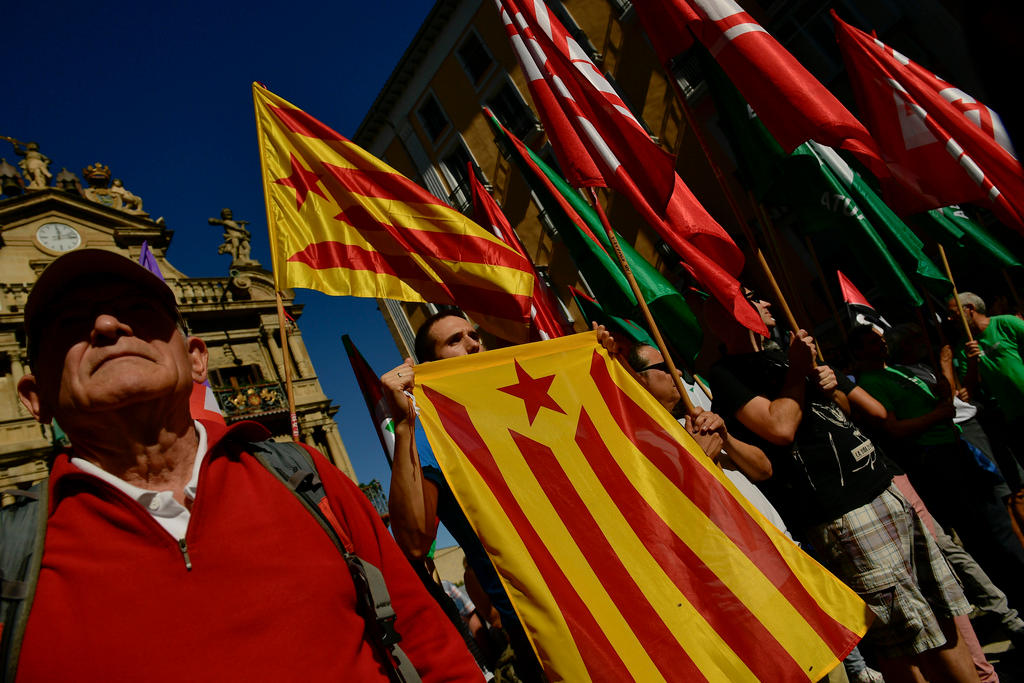
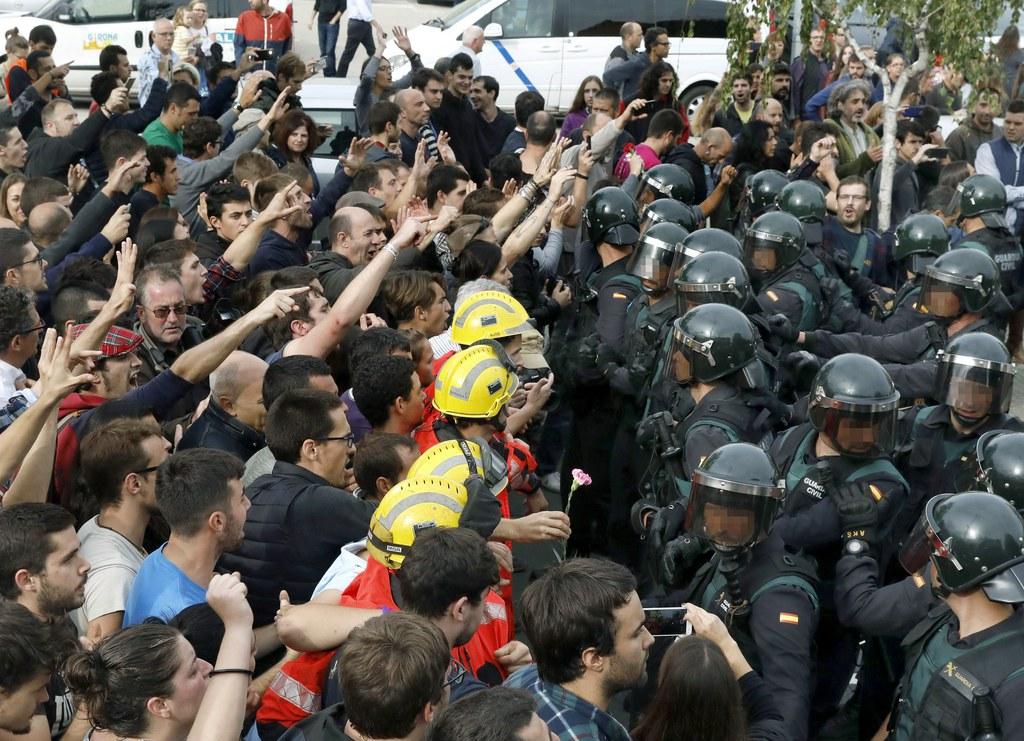

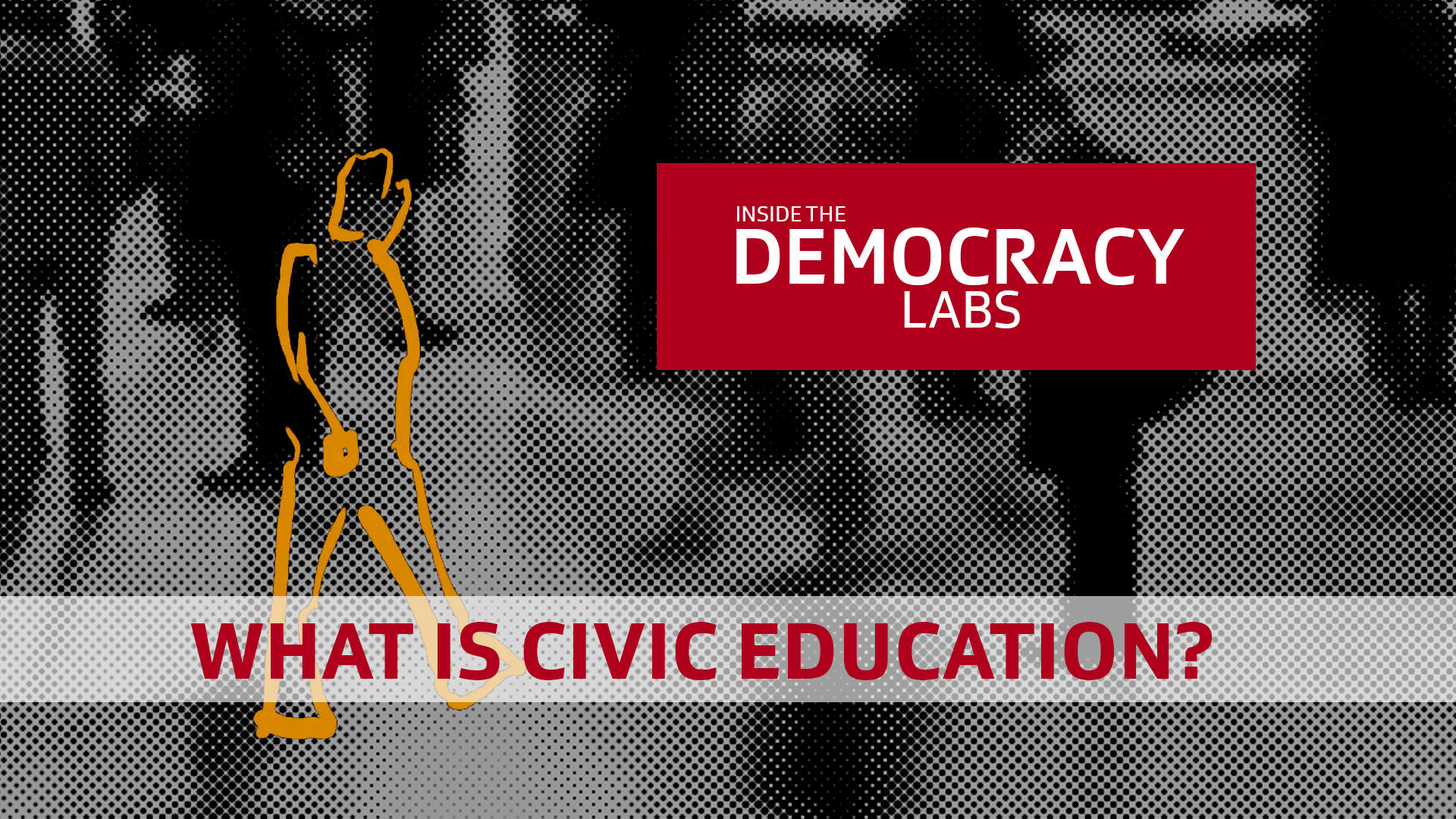
You can find an overview of ongoing debates with our journalists here. Please join us!
If you want to start a conversation about a topic raised in this article or want to report factual errors, email us at english@swissinfo.ch.